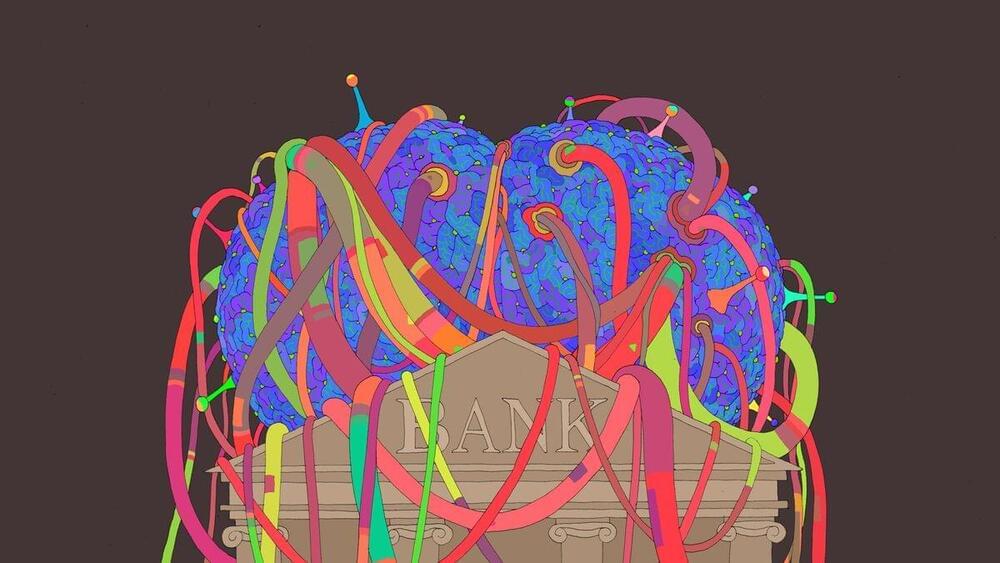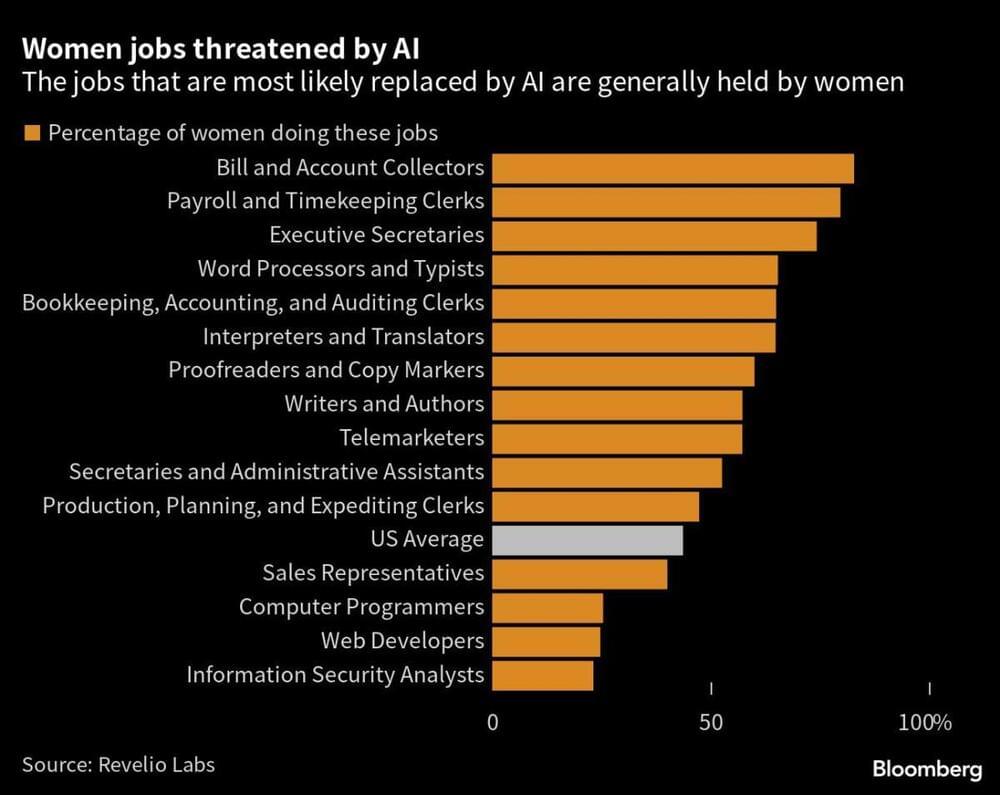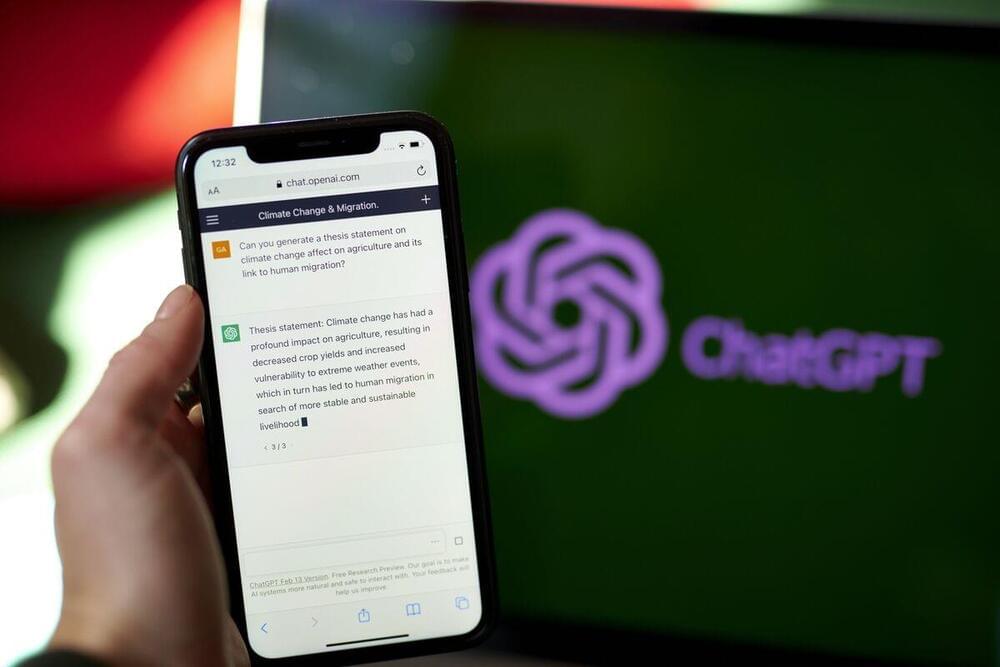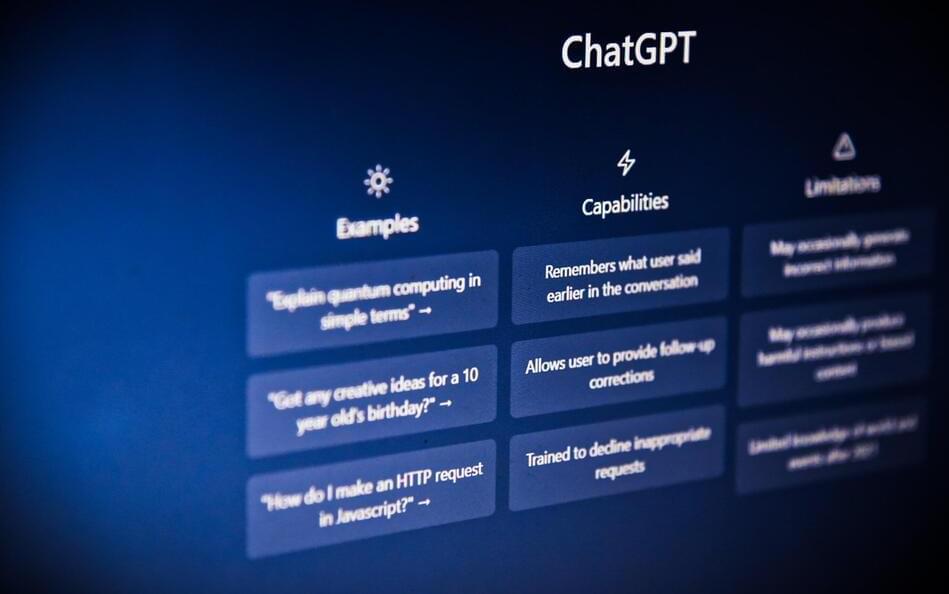Visits with a 24/7, co-payment-free telemedicine program established by Penn Medicine for its employees were 23% less expensive than in-person visits for the same conditions, according to a new analysis published in the American Journal of Managed Care.
Researchers at the Perelman School of Medicine at the University of Pennsylvania found that the per-visit costs for the telemedicine program, called Penn Medicine OnDemand, averaged $380 while in-person encounters in primary care offices, emergency departments, or urgent care clinics during the same timeframe cost $493 to conduct, a $113 difference per patient.
“The conditions most often handled by OnDemand are low acuity—non-urgent or semi-urgent issues like respiratory infections, sinus infections, and allergies—but incredibly common, so any kind of cost reduction can make a huge difference for controlling employee benefit costs,” said the study’s lead researcher, Krisda Chaiyachati, MD, an adjunct assistant professor of Medicine at Penn Medicine, who previously served as medical director of Penn Medicine OnDemand and now is the physician lead for Value-based Care and Innovation at Verily. “This research shows the clear financial benefits when hospitals and health systems offer telemedicine services directly to their own employees.”






